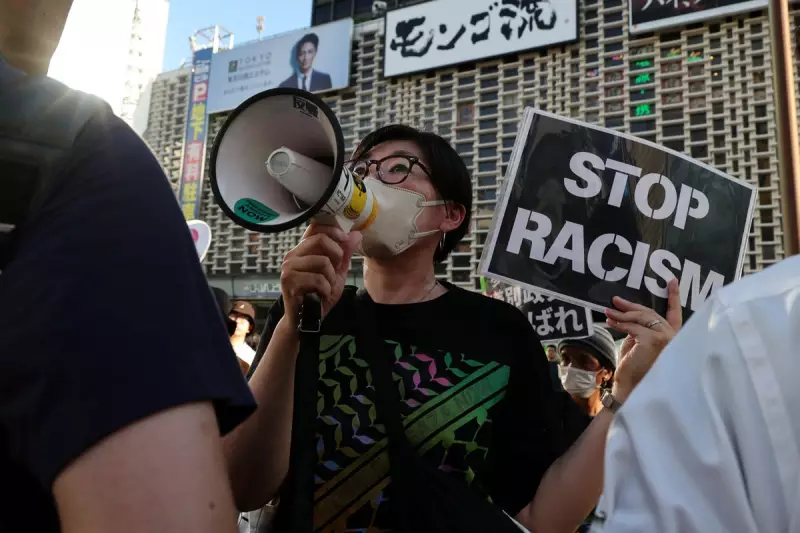
A fringe political party in Japan, Sanseito, has stirred controversy with its latest proposal to restrict foreigners from entering specific districts in Tokyo. The move has drawn sharp criticism from human rights advocates and business owners who rely on tourism.
What Sanseito Proposes
The nationalist group suggests implementing measures to ban non-Japanese individuals from areas like Kabukicho in Shinjuku, citing concerns over "public order" and "cultural preservation." Critics argue the policy is discriminatory and could harm Japan's reputation as a tourist-friendly destination.
Backlash from Business and Human Rights Groups
Local businesses, particularly in entertainment and hospitality sectors, fear economic repercussions. "Tourists contribute significantly to our economy," said one restaurant owner. "This policy would hurt small businesses already recovering from pandemic losses."
Human rights organizations have condemned the proposal as xenophobic, warning it could fuel anti-foreigner sentiment in Japan.
Government Response
While Sanseito holds minimal political influence, the debate has reached national levels. Prime Minister Fumio Kishida's administration has distanced itself from the proposal, reaffirming Japan's commitment to international tourism and cultural exchange.
Experts suggest the controversy highlights growing tensions in Japan between nationalist movements and the country's increasing reliance on foreign visitors and workers.





